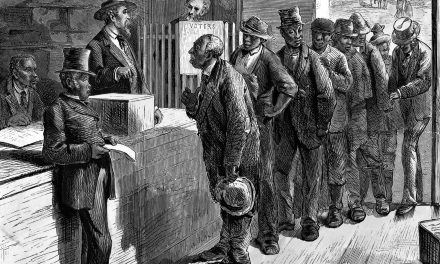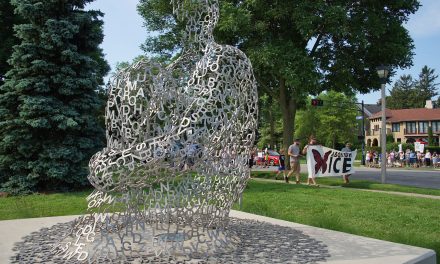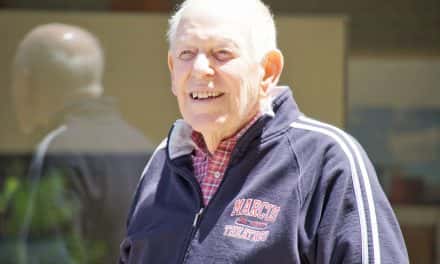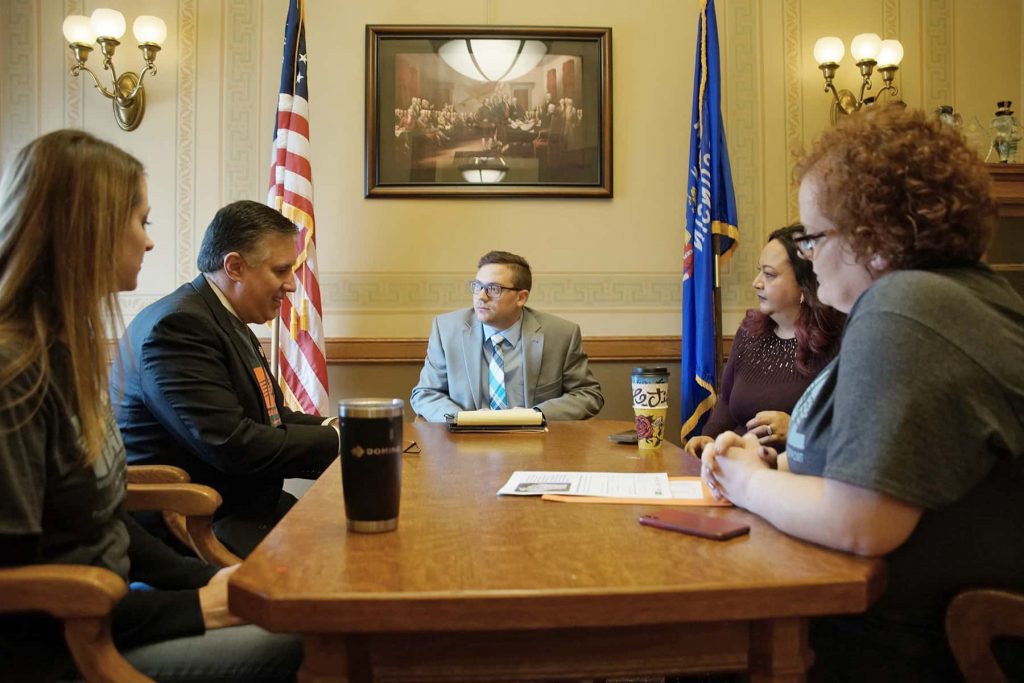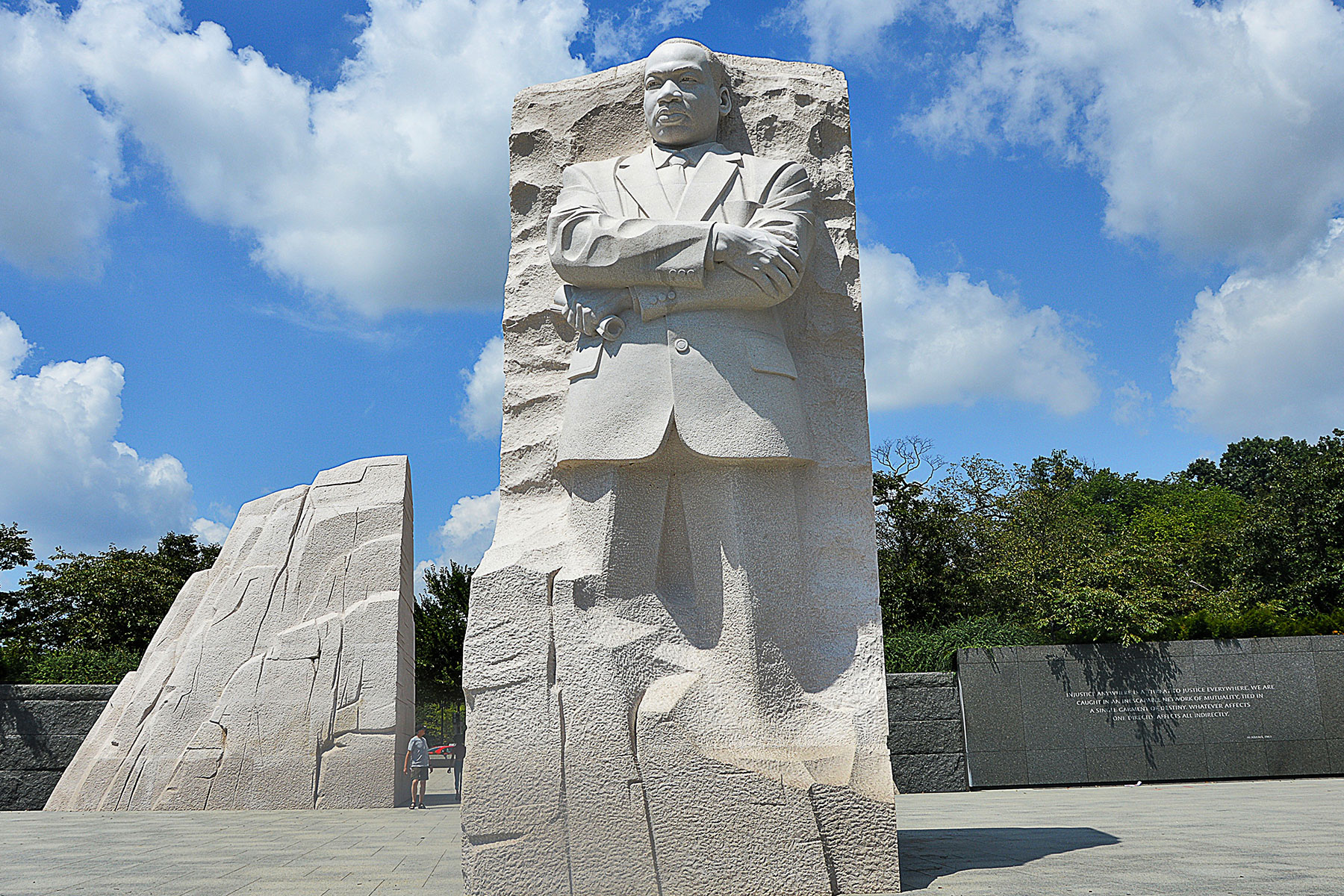
Milwaukee joins America in celebrating what should be the 89th birthday of the Reverend Dr. Martin Luther King Jr. on January 15.
This man is a giant in American history. Yet most of us only know a few words he spoke at the end of a public address during the summer of 1963, known as the “I Have a Dream” speech. He was so much more that soundbite. His legacy has been stuck on that hot August day, nearly five years before his life was taken by an assassin’s bullet fifty years ago.
Those famous words he spoke have been celebrated and used to justify civil rights by many over the years. In a cruelly ironic twist, white supremacists have used his words to justify continued prejudice and discrimination as well.
How did this happen? It began near the end of his speech at the March on Washington on August 28, 1963. A quarter million people stood by listening to the prepared words Dr. King had finished writing only the night before. The title he gave the speech was “Normalcy – Never Again.” He changed the speech he had written for that occasion, but he stressed that the normalcy of bigotry must never be accepted again.
Few of us have read the full text of the speech he gave that day. We have generally only heard the ending of the speech. This last extemporaneously delivered part, about his dream, is the only part of the speech most of us know.
His message that day was meant to be so different. If we read the text he prepared and also the full speech he delivered, we would get a stronger idea of what Dr. King worked toward. First and foremost, Dr. King believed we needed to attack the racism of America with the strongest possible conviction in words as well as deeds. Soft-pedaling was not his intention that day.
He said that blacks live “on a lonely island of poverty in the midst of a vast ocean of material prosperity” and “is still languished in the corners of American society, and finds himself in exile in his own land. So we’ve come here today to dramatize a shameful condition.”
These are not the words we learned in history class about this speech. We all know the part where he famously said “I have a dream that my four little children will one day live in a nation where they will not be judged by the color of their skin but by the content of their character.” Racists have used these words to say Dr. King would not have supported affirmative action. Nothing could be further from the truth.
He also said these words. “In a sense, we have come to our nation’s capital to cash a check. When the architects of our republic wrote the magnificent words of the Constitution and the Declaration of Independence, they were signing a promissory note to which every American was to fall heir. This note was a promise that all men, yes, black men as well as white men, would be guaranteed the unalienable rights of life, liberty, and the pursuit of happiness.
“It is obvious today that America has defaulted on this promissory note insofar as her citizens of color are concerned. Instead of honoring this sacred obligation, America has given the Negro people a bad check, a check which has come back marked insufficient funds.” Ddespite the progress that has been made as a result of the work of Dr. King and millions of blacks that stood up to American racism, that check would still bounce today.
It has been said that a nation can be judged by how it treats its most vulnerable citizens, its children. In 1968, the year Dr. King was killed, 43.1% of black children were living in poverty. In 2016, 30.4% live in poverty. The rate was as high as 39% in 2010.
The improvements have been marginal when considering that we have spent billions fighting a War on Poverty, and have hundreds of agencies are working to alleviate poverty in the black community around the country. The saddest aspect of this failure to put a real dent in child poverty in the black community is that the percentage has never dropped below 30% for black children since statistics began to track this in 1965.
The highest rate among non-Hispanic white children in this time frame was just 14.4% in 1983. That same year the rate was 46.2% for black children, higher than in 1968. In 2015, for the first time since it has been measured, more black children – an estimated 4.2 million – may be living in poverty than white children – 4.1 million – according to the US Census Bureau. Sadly, 5.4 million Hispanic children are living in poverty also, the largest among any group.
Dr. King’s last great mission in life was a War on Poverty. The leaders of the Poor People’s campaign that he helped lead would have been alarmed had they known that such large numbers of children would be living in poverty nearly fifty years later. What did poverty have to do with his dream? Are we not living in a world where people are judged by the content of their character as he dreamed of in 1963?
Dr. King’s dream transcended race. His mission in delivering a speech at the “March on Washington for Jobs and Freedom” was about economics not just about personal dignity being affirmed. We misinterpreted his dream by not reading the full speech and not paying attention to his work after the famous march. Dr. King’s legacy has been shrunken down into four short words, “I Have A Dream.” His vision was so much bigger. The Civil Rights Movement was about so much more that we give it credit for.
If we take a look back at the response to Dr. King and the movement at large, we can clearly see that it was about the normalcy of bigotry being the single biggest issue in America. Bigotry breeds discrimination, which in turn leads directly to inequality because of an uneven playing field. Decades of affirmative action, anti-discrimination laws, and the election of hundreds of blacks to office, have only made a dent in the levels of inequality. We cannot legislate morality. We still fight the same battles we fought 50 years ago.
We still celebrate the life and accomplishments of Dr. King and rightfully so. However, many of the things he worked so hard for remain just a dream for many blacks. We have certainly made strides. We have closed the education gap significantly. There is only a small difference in the percentage of blacks and whites 25 years and older who are high school graduates today, versus a huge chasm in 1968. Blacks are enrolled in college at a much higher rate than in 1968. We can point to many successful blacks in sports and entertainment, but blacks have always been allowed to entertain America.
The masses are still struggling. Poverty is continuing to erode the capacity to live the American Dream for far too many black people. We have a million incarcerated blacks as a result of a War on Crime, which began under the Johnson administration with the passage of the Law Enforcement Assistance Act, just one week before the celebrated Voting Rights Act. Money from the War on Poverty was diverted to this new war and led to the capacity being created to incarcerate over two million adults in the richest nation in the world.
We have American troops on the ground in over one hundred countries, including the unending wars in Afghanistan and Iraq. One year before his assassination, Dr. King referred to America as the “greatest purveyor of violence in the world” during a speech called “Beyond Vietnam.” He would say the same today.
Dr. King said, “It would be fatal for the nation to overlook the urgency of the moment. This sweltering summer of the Negro’s legitimate discontent will not pass until there is an invigorating autumn of freedom and equality.”
Black Americans are still awaiting for this season. We have been duped into believing that Dr. King was a shallow man with one simple dream. He spoke of the urgency of ending police brutality by stating, “We can never be satisfied as long as the Negro is the victim of the unspeakable horrors of police brutality.”
As a result of believing his dream was only what he articulated at the end of that great speech, we have fallen asleep at the wheel. We have been sleep walking in wait for his dream to happen. Before speaking off the cuff about his dream at the end of the speech, he said, “Let us not wallow in the valley of despair.” We must work harder to make change happen. We must shine a mirror to the face of our nation to show the hypocrisy of not living up to Dr. King’s Dream.
In the draft of “Normalcy – Never Again,” Dr. King said in no uncertain terms why that group of a quarter million Americans had gathered in Washington DC. “So we have come to cash this check – the check which gives us on demand, our rights to a life of dignity, a liberty unquestioned, and the pursuit of happiness in the form of equal opportunity and justice before the law.”
As the most segregated city in the nation, every citizen of Milwaukee should wake up and keep striving to achieve this goal.

